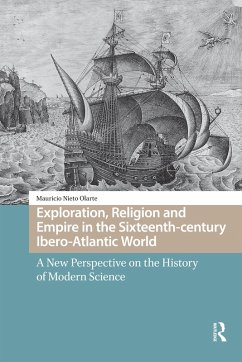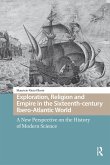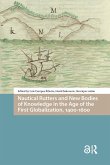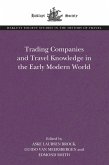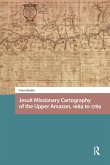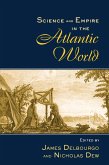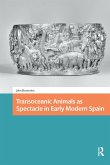The Iberian conquest of the Atlantic at the beginning of the sixteenth century had a notable impact on the formation of the new world order in which Christian Europe claimed control over most a considerable part of the planet. This was possible thanks to the confluence of different and inseparable factors: the development of new technical capacities and favorable geographical conditions in which to navigate the great oceans; the Christian mandate to extend the faith; the need for new trade routes; and an imperial organization aspiring to global dominance. The author explores new methods for approaching old historiographical problems of the Renaissance-such as the discovery and conquest of America, the birth of modern science, and the problem of Eurocentrism-now in reference to actors and regions scarcely visible in the complex history of modern Europe: the ships, the wind, the navigators, their instruments, their gods, saints, and demons. The book offers convincing evidence to incorporate the Catholic world of early modernity into the history of modern science. The research is supported by the analysis of not widely studied primary sources such as the sixteenth century Iberian nautical manuals. Through the use of theoretical frameworks such as the Actor Network Theory, the book sheds light on the need to incorporate the role of heterogeneous human actors and artifacts (ships, navigation tools, sails, cannons), natural and geographical agents (ocean currents, winds, the sun, the moon and the stars), and divine entities (gods, daemons and saints) into the political history of early modernity.
Dieser Download kann aus rechtlichen Gründen nur mit Rechnungsadresse in A, B, BG, CY, CZ, D, DK, EW, E, FIN, F, GR, HR, H, IRL, I, LT, L, LR, M, NL, PL, P, R, S, SLO, SK ausgeliefert werden.

